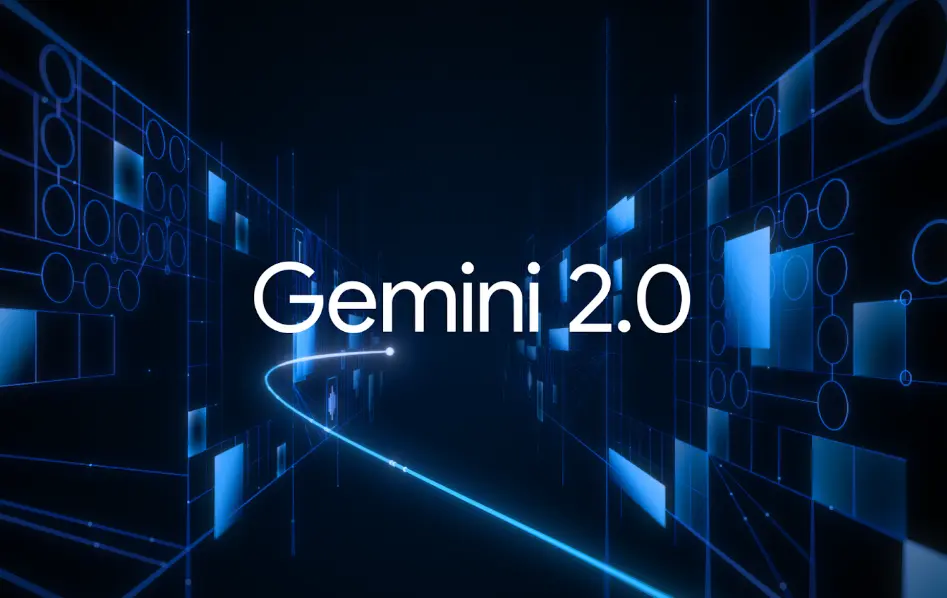Law on AI Use
The proposed law 2212 regulates the use of AI in elections, ensuring transparency and integrity in the democratic process.

The proposed law 2212, presented by Ascani and Braga, aims to regulate the use of Artificial Intelligence (AI) in the electoral context, focusing on transparency and the integrity of the democratic process. In an era where digital technologies and AI are becoming increasingly pervasive, it is essential to ensure that voters have access to truthful and unmanipulated information. Phenomena such as deepfakes and false news pose a real threat to democracy, as they can mislead voters and distort political choices. The law seeks to create a regulatory framework that protects voters from such deceptions, ensuring that information disseminated during electoral campaigns is clear and verifiable.
The first article of the proposed law incorporates the EU regulation 2024/900, which addresses the transparency and targeting of political advertising. This regulation establishes the aims of the discipline, which includes countering the creation and dissemination of misleading content. It is crucial that digital platforms and industry operators understand their responsibilities in ensuring that advertising information is truthful and not misleading. The law also provides specific measures to monitor and sanction any violations, thereby creating a deterrent for those who might attempt to manipulate information for political purposes.
The second article of the proposal introduces amendments to law 212/1956, which governs electoral propaganda. These amendments consist of eight new articles that aim to integrate existing provisions with the new requirements posed by the use of AI. Among the innovations, article 3 designates the Authority for Communications Guarantees (Agcom) as the competent body to oversee the application of EU regulation 2024/900 and all related norms. This gives Agcom a crucial role in monitoring and supervising electoral propaganda activities, ensuring that practices comply with regulations and that voters are protected from misleading content.
Furthermore, the proposed law includes the implementation of verification and audit tools for political advertising campaigns, so that voters can access clear information regarding the origin and truthfulness of the content. It is essential for citizens to discern between authentic and manipulated information, especially in an electoral context where decisions can significantly impact the country's future. The law represents an important step towards creating a safer and more transparent electoral environment, where the use of advanced technologies is accompanied by responsibility and ethics.




